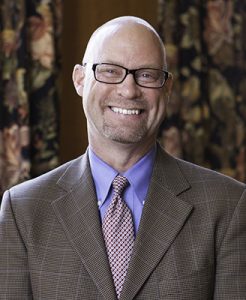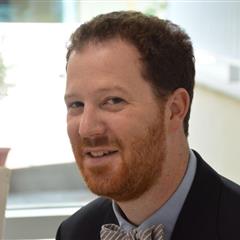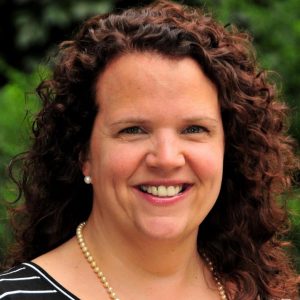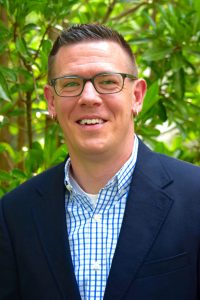 Preferred Name: Gavin Henning
Preferred Name: Gavin Henning
Employer: New England College
Position: Associate Professor
Title of your program: Using New CAS Cross-functional Assessment Frameworks and Multi-Standard Self-Study Processes
Description:
Responding to user demand, CAS piloted the development of frameworks for assessing issues that transcend any one functional area. These include First Year Experience, campus safety, and high risk behaviors. They also created processes for offices responsible for multiple functional area standards to effectively and efficiently engage in self-study. This session will introduce these tools and provide direction in using them.
Title of your program: Do It Yourself CAS Program Review
Description:
Twin goals of assessment are accountability and program improvement. The CAS Standards are an essential tool for performing evaluations on your campus and can help you meet both of those goals. The standards can be used for a variety of evaluations including department review or assessing how a function is implemented across your division. During this session experienced users will provide step-by- step examples regarding how to implement different CAS standards for evaluation.
Title of your program: Using CAS for Evaluating Program Effectiveness and Student Learning
Description:
As student affairs professionals we strive to meet the needs of our students. This commitment, coupled with calls of accountability urge us to evaluate those programs and services to demonstrate their impact on student learning. The standards developed by the Council for the Advancement of Standards in Higher Education (CAS) are valuable tools for these forms of assessment. In this session participants will learn how to use the standards for program review and evaluation of student learning.
Title of your program:It’s OUR Job: White Male Privilege, Positionality, and Social Justice
Description:
Shame. Guilt. Immobilization. Confusion. Frustration. Although well-intentioned, many white men fall short as allies in social l justice. How do we unlearn and unfreeze? How can white men fully contribute in ways that are necessary, welcome, and affirming? This session will explore racism, white fragility, creating a curriculum of critical self-knowledge, and concrete action steps to help white men educate themselves and fulfill our responsibility to use our power and privilege to address oppression.
 Preferred Name: Brian Gallagher
Preferred Name: Brian Gallagher


